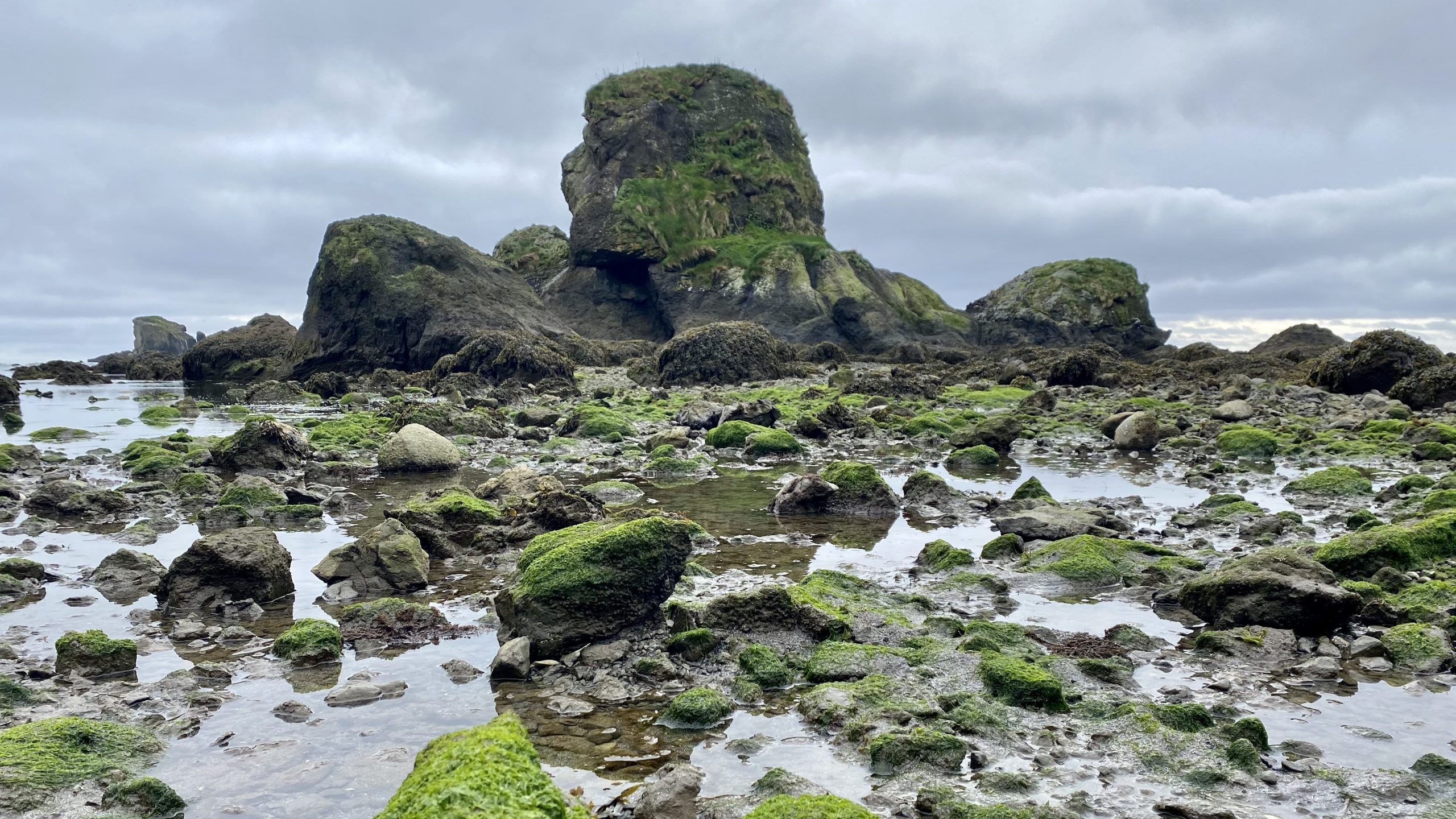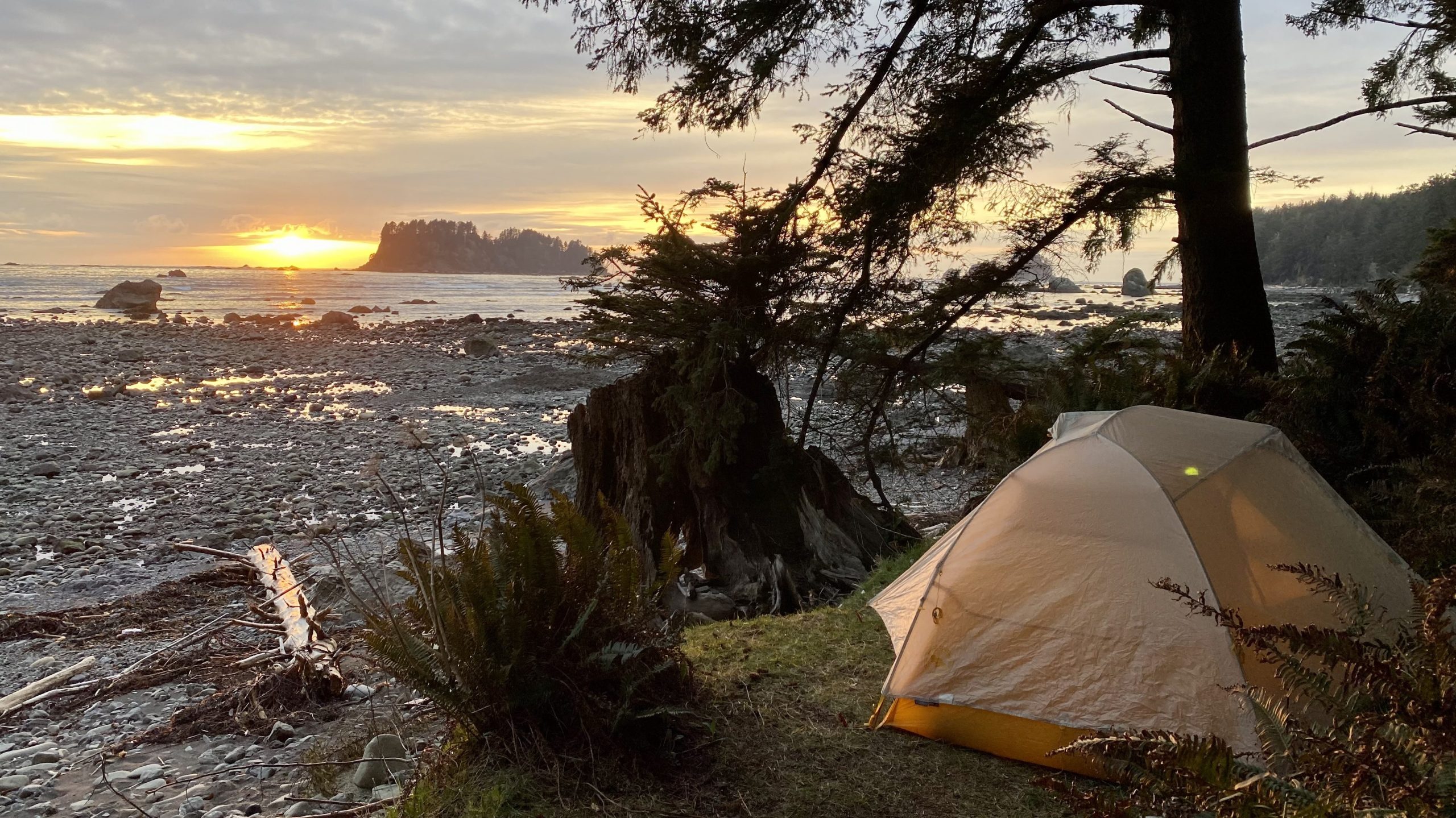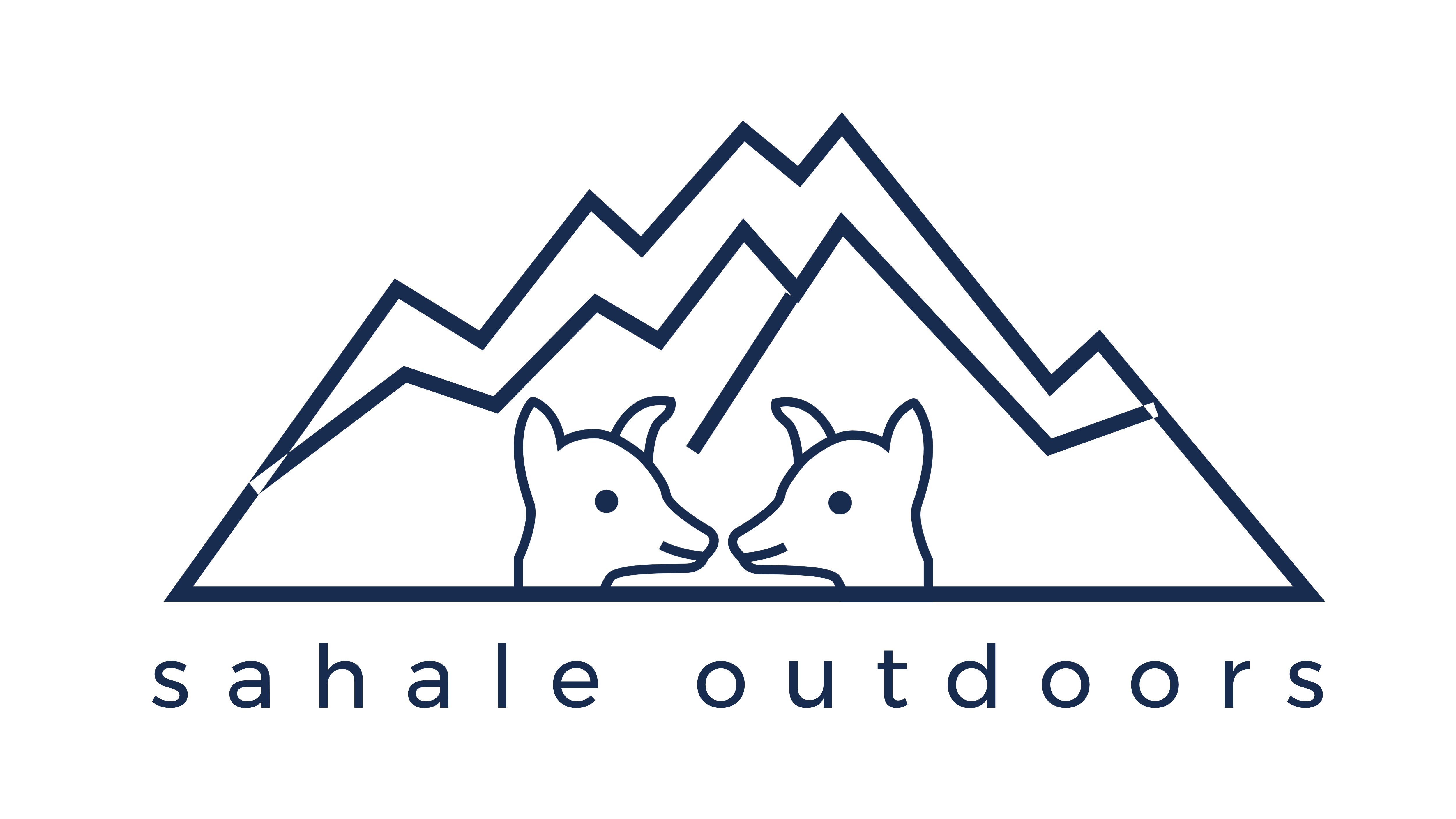
Intro to Backpacking
Intro to Backpacking

This trip is geared towards creating a welcoming, educational backpacking trip for beginners, empowering adults who are new to experiencing the outdoors in this way to move forward with planning and implementing their own personal trips. Whether it’s choosing a trail that doesn’t get you stuck walking for miles on a Forest Service road because you misjudged a creek crossing, setting up that ultra-light backpacking tent that you swear came with too many poles, or using a backpacking stove in the wind without losing both your eyebrows, this trip gives you the opportunity to learn, troubleshoot, and try out your skills with the coaching and support of professionals.
Participants will bring their own food on this trip, and we will provide bear cans. You will need three lunches, two dinners, and two breakfasts. While there are many freeze-dried meals on the market, we understand that these are often expensive. Here are some tips and tricks for backpacking food on a budget:
- PB+J is a great trail lunch. Trail mix, dried fruit, crackers, and candy bars are also fantastic. Pack things that are light, compact, and that you enjoy eating.
- Breakfast and dinner can both be contained in quart-size ziploc freezer bags. Freezer bags can handle the heat of boiling water, meaning that you can “cook” them right in the bag. Then, you can transfer them to a backpacking bowl, or simply eat your meal directly out of the bag.
- Granola and powdered milk are easy to pack, light, and taste great on the trail. If you’d prefer a warm breakfast, oatmeal is always a good option. Bring a little bit of peanut butter and some dried fruit to take it to the next level.
- You’ll want a hot meal with plenty of carbs for your backpacking dinner: this is not the time to diet. However, you do want it to be a “just add water” option. Couscous, instant rice, instant mashed potatoes, or ramen are all great starting points. Add spices and dried veggies for personalized flavor, and consider bringing jerky, sliced cheese, or other sides.
Highlights
Educational – Tidepools – Wildlife – History
Difficulty Level
Easy-Intermediate: Moderate elevation gain and loss, 9-13 miles over three days.
Length
Two nights, three days
2024 Schedule:
July 12-14
August 23-25
Price: $325 per person
Includes gear, transportation, and all entrance fees, permits, and passes.
Our mission is to make outdoor recreation accessible to all. If you cannot afford the total trip cost, send us a brief message at trips@sahaleoutdoors.org to request a payment plan or sliding scale pricing.
Trip Details
Itinerary: Ozette
- Day 1: Orientation, drive to Ozette Ranger Station, backpack in to first camp, boardwalk and trails for 3 miles
- Day 2: Follow coastline to second camp, rocks and beach, 3 miles
- Day 3: Boardwalk and trail 3 miles back to Ozette Ranger Station, drive back to Fife.
Learning Goals
- Leave no trace
- Gear management
- Plant and wildlife identification
- Basic backpacking skills such as cooking, campfires, filtering water, first-aid
- Map reading
- Local geography
- Cultural history
Logistics
- Meet Location: Sahale Outdoors Education Center, 5007 Pacific Hwy E #19, Fife, WA 98424
- Meet Time: 8 AM
- End Time: Approximately 4-6 PM
Gear Provided
- Tents
- Backpacks, sleeping bags, and sleeping pads
- Bear cans
- All entrance fees, permits and passes
- First-aid kit and satellite phone
- Group stove and fuel for cooking breakfast and dinner
Packing List
- Packing Checklist
- Food (see above for tips)
Paperwork
Indigenous Land
Makah
“On the brink of extinction, drums and hearts still beating!
~John Pritchard III, Makah slam poet
. . . telling me not to speak my language
well we’re still speaking
don’t sing my songs
well we’re still singing
telling me it’s illegal to dance
well we’re still keeping it moving”
Historically, the Makah were highly skilled mariners, using sophisticated navigational and maritime skills. They carved canoes from western red cedar and used them for a myriad of purposes. There were war, whaling, halibut, salmon fishing, sealing canoes and large cargo canoes. There were even smaller canoes which children used for practice. The canoes had sails so that paddlers could use the wind to their advantage. When they landed, it was done stern first so that, if necessary, the paddlers could make a quick exit. The canoes and their contents were never disturbed as the Makah were taught from an early age to respect the belongings of others. The Makah were tireless paddlers and traveled great distances to obtain food or trade their wealth. Today, the Makah maintain their traditions of traveling by canoe.
The tradition of whaling is a source of great pride among the Makah. Whales were hunted for their meat and blubber, and nearly every part of the whale was designated for use. Humpback, right, sperm, gray, fin and blue whales were among the species traditionally hunted by the Makah. Oil rendered from the whale’s blubber was a valuable commodity, earning whaling families great wealth. The bones of the whale were useful for making combs, spindle whorls, war clubs, bark pounders, shredders and personal adornments. The Makah work with NOAA Fisheries to maintain their treaty rights of whaling in Neah Bay while still following marine mammal regulations. “The Makah people have an enduring relationship with the sea and all marine creatures, but that connection is especially strong with whales, which are central to our identity as a people.” (Patrick DePoe)
~ This information found on Makah.com

